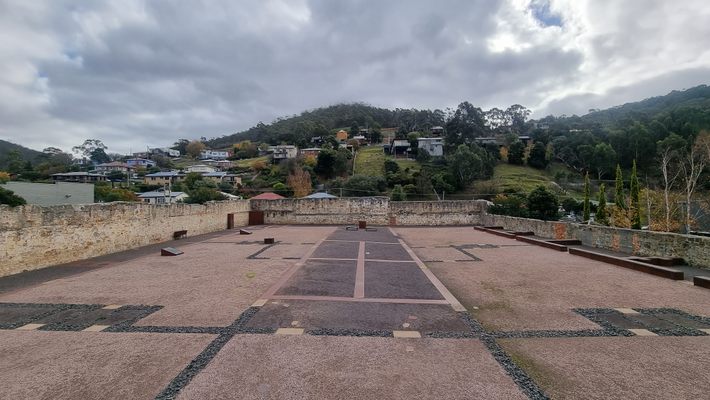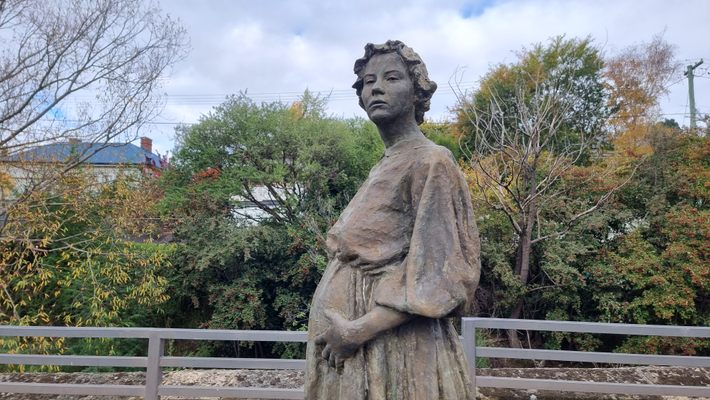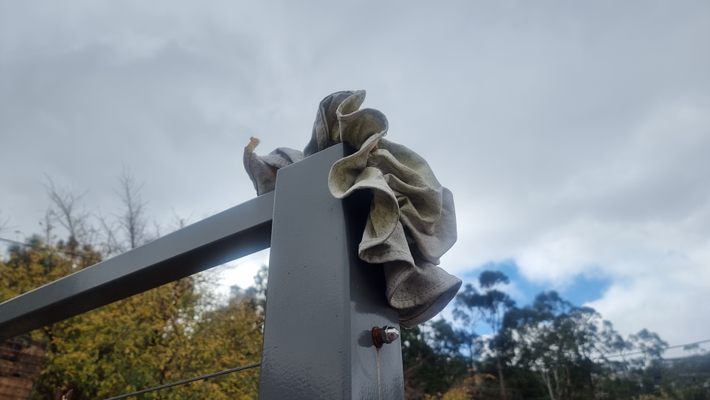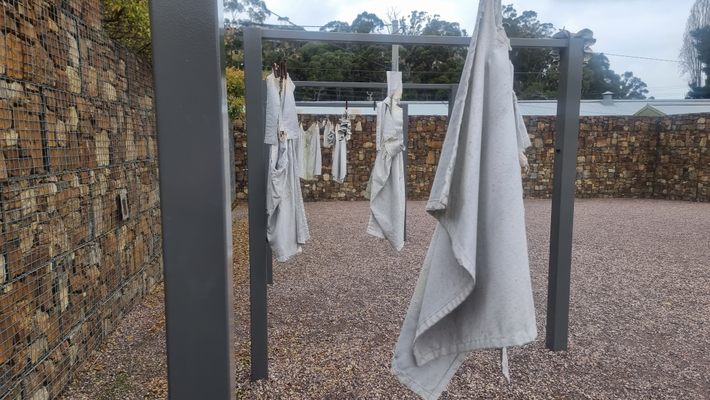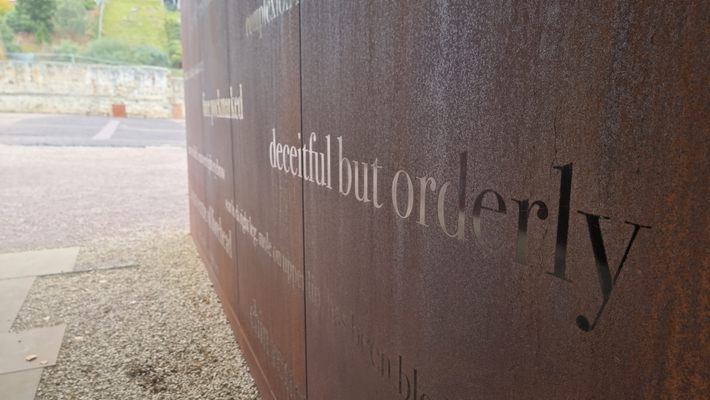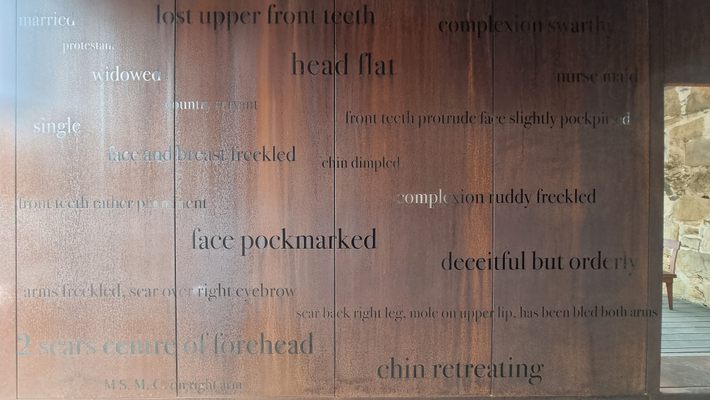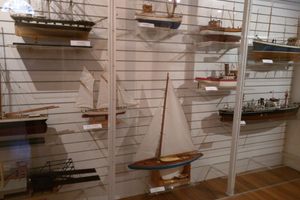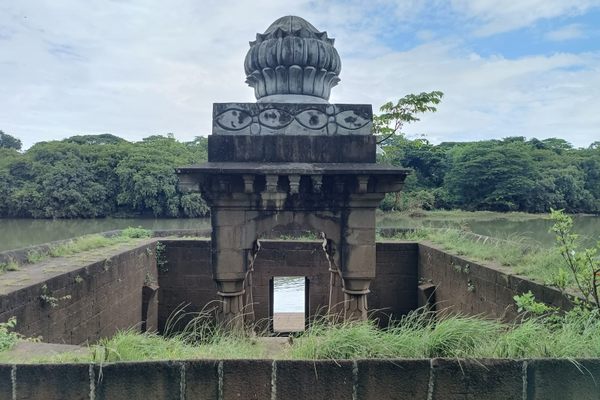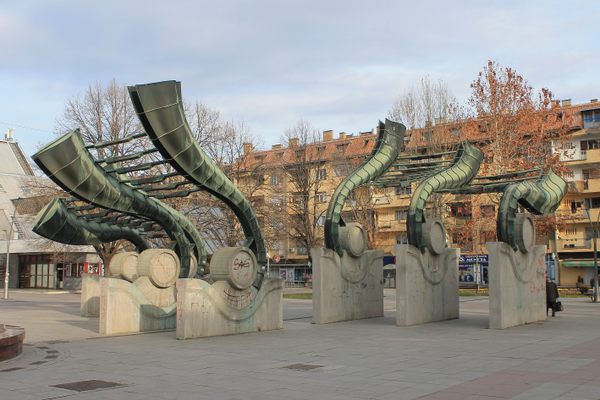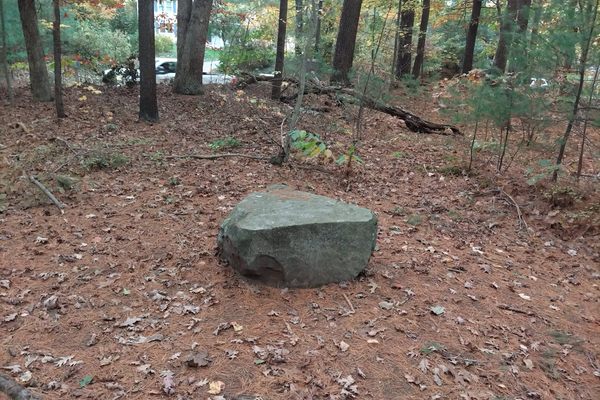About
During the 19th-century, Tasmania was Australia's primary penal colony. Around 12,500 female convicts were transported to the island where they were put to work in harsh, grueling labor camps known as Female Factories.
The Cascades Female Factory opened in 1828, taking over the premises of a failed distillery in the foothills of Mount Wellington. The factory consisted of five yards, which included dormitories, solitary confinement, a wash yard, matron's quarters, and an orphan school for the children of convicts.
Convicts were marched from the docks in Hobart to the prison in full view of free citizens, who could taunt and ridicule the women as they passed as a form of humiliation. Once inside, inmates spent their days washing endless amounts of linen, sewing uniforms, and unraveling tarred lengths of rope to be resold to the shipyards. Women who displayed good behavior and were considered reformed were hired out as maids or nannies to free citizens. However, any convict who became pregnant while on work release was sent back to the prison for the entire term of her pregnancy, and upon giving birth was punished with six months of hard labor.
When convict transport to Tasmania ceased in 1853, the Female Factory was turned over to local authorities and operated as a smaller women's prison until it finally closed in 1877. By that time most of the facility's structures had been repurposed for other uses, such as an asylum, a boy's reform school, and a hospital.
Described as a dark, damp, bitterly cold place, where women suffered needlessly and infants died from malnutrition and neglect, the Cascades Female Factory now serves to educate the public about its tragic history and the horrific abuse that convicts endured.
Related Tags
Know Before You Go
The Cascades Female Factory is temporarily closed for refurbishment and will reopen December 2021.
Admission is $8 AUD/adult, $5 AUD/child.
Community Contributors
Added By
Published
July 14, 2021
